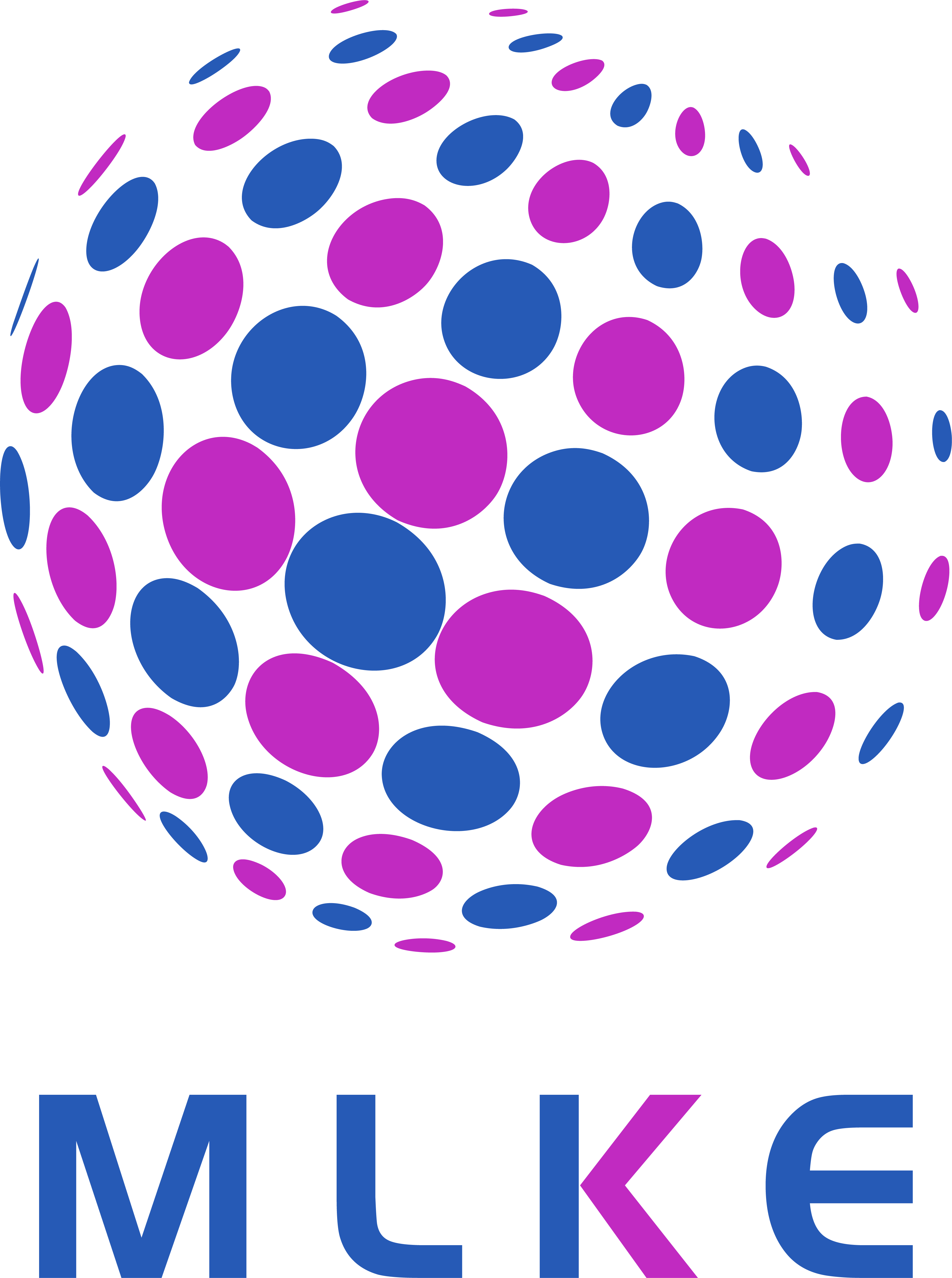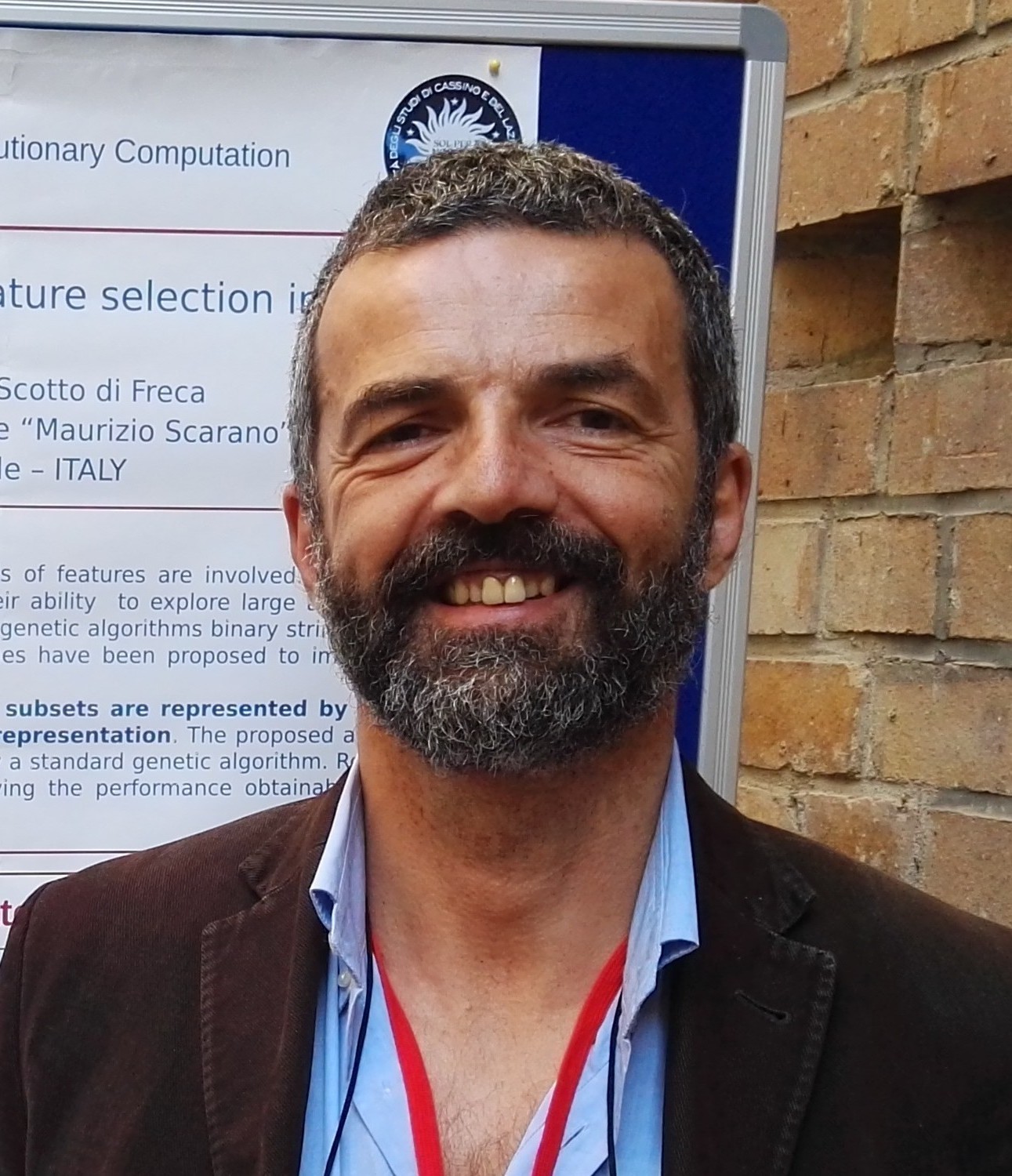

Assis. Prof. Francesco Fontanella
University of Cassino and Southern Lazio, Italy
Speech title:Machine learning: using handwriting analysis as a screening tool for dementia
Abstract:
Dementia affects millions of people worldwide, and it is expected that its incidence will dramatically increase in the next few decades. Unfortunately, most diseases that cause dementia (e.g. Alzhiemer’s and Parkinson’s) cannot be cured, but an early diagnosis can help better manage their symptoms and progression. Handwriting is one of the first skills to be affected by the onset of demenza. For this reason, in the last few years, there has been an even growing interest of researchers to apply machine learning (ML) based approaches to effectively identify the handwriting of people affected by dementia. These approaches are based on the collection of handwriting data, which can be acquired through simple and non invasive handwriting tests, to be performed using cheap smartpads.
Thanks to the project HAND (Handwriting Analysis against Neuromuscular Disease), the University of Cassino collected a dataset from more than 170 people (Alzheimer’s patients and healthy people) which is the largest currently publicly available in the field of handwriting analisys for dementia detection in terms of number of participants involved and tasks performed. The researchers from Cassino are using this data to implement several ML techniques with the aim of developing a system for the screening of people affected by dementia based on handwriting analisys.
In this talk I will discuss the main results achieved by the HAND project, future ideas and the challenges in transforming it into a ML-based tool to improve the daily lives of elderly people and their families.
Brief biography:
Francesco Fontanella is currently a researcher at the Department of Electrical and Information Engineering of the University of Cassino and Southern Lazio, Italy. His main research interests involve Machine Learning, Data Science, Complex Systems, and in particular Evolutionary Computation. In these fields he co-authored more than 80 peer-reviewed publications and contibuted to several research projects. He is actively involved in the organization of workshops at some of the top conferences in the field of computational intelligence. He also regularly serves as guest editor and member of the editorial board for several international scientific journals.